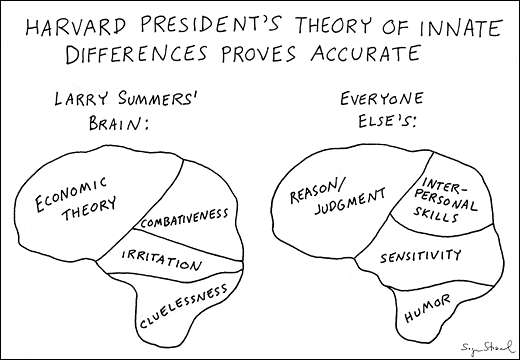This is your morning Open Thread. Pour your favorite beverage and review the past and comment on the future.
Find the past “On This Day in History” here.
January 20 is the 20th day of the year in the Gregorian calendar. There are 345 days remaining until the end of the year (346 in leap years).
On this day in 1801, John Marshall is appointed the fourth Chief Justice of the United States. Marshall (September 24, 1755 – July 6, 1835) was an American jurist and statesman whose court opinions helped lay the basis for American constitutional law while enhancing the role of the Supreme Court as a center of power. Marshall was the fourth Chief Justice of the United States, serving from 1801 until his death in 1835. He had served in the United States House of Representatives from 1799 to 1800, and was Secretary of State under President John Adams from 1800 to 1801. Marshall was from the Commonwealth of Virginia and was a leader of the Federalist Party.
The longest-serving Chief Justice of the United States, Marshall dominated the Court for over three decades (a term outliving his own Federalist Party) and played a significant role in the development of the American legal system. Most notably, he reinforced the principle that federal courts are obligated to exercise judicial review, by disregarding purported laws if they violate the Constitution. Thus, Marshall cemented the position of the American judiciary as an independent and influential branch of government. Furthermore, the Marshall Court made several important decisions relating to federalism, affecting the balance of power between the federal government and the states during the early years of the republic. In particular, he repeatedly confirmed the supremacy of federal law over state law, and supported an expansive reading of the enumerated powers.
Marshall was thrust into the office of Chief Justice in the wake of the presidential election of 1800. With the Federalists soundly defeated and about to lose both the executive and legislative branches to Thomas Jefferson and the Democratic-Republicans, President Adams and the lame duck Congress passed what came to be known as the Midnight Judges Act, which made sweeping changes to the federal judiciary, including a reduction in the number of Justices from six to five so as to deny Jefferson an appointment until two vacancies occurred. As the incumbent Chief Justice Oliver Ellsworth was in poor health, Adams first offered the seat to ex-Chief Justice John Jay, who declined on the grounds that the Court lacked “energy, weight, and dignity.” Jay’s letter arrived on January 20, 1801, and as there was precious little time left, Adams nominated Marshall, who was with him at the time and able to accept immediately. The Senate at first delayed, hoping that Adams would make a different choice, such as promoting Justice William Paterson of New Jersey. According to New Jersey Senator Jonathan Dayton, the Senate finally relented “lest another not so qualified, and more disgusting to the Bench, should be substituted, and because it appeared that this gentleman (Marshall) was not privy to his own nomination”. Marshall was confirmed by the Senate on January 27, 1801, and received his commission on January 31, 1801. While Marshall officially took office on February 4, at the request of the President he continued to serve as Secretary of State until Adams’ term expired on March 4. President John Adams offered this appraisal of Marshall’s impact: “My gift of John Marshall to the people of the United States was the proudest act of my life.”

 If there could possibly be a worse choice to head the World Bank when Robert Zoellick’s term expires later this year, I am sure that President Obama would find him or her. The rumors are that the president has decided to leave his “mark” on that banking institution by nominating Larry Summers for the position. Yes, that Larry Summers of the Harvard president of misogyny fame who was chief architect of banking deregulation that led to the repeal of Glass – Stiegel during the Clinton, that begat our current financial crisis. The Larry Summers who dismissed out of hand the suggestion that a bigger stimulus package would do more to boost the economy most likely because it was a woman, Christine Roemer, who proposed it.
If there could possibly be a worse choice to head the World Bank when Robert Zoellick’s term expires later this year, I am sure that President Obama would find him or her. The rumors are that the president has decided to leave his “mark” on that banking institution by nominating Larry Summers for the position. Yes, that Larry Summers of the Harvard president of misogyny fame who was chief architect of banking deregulation that led to the repeal of Glass – Stiegel during the Clinton, that begat our current financial crisis. The Larry Summers who dismissed out of hand the suggestion that a bigger stimulus package would do more to boost the economy most likely because it was a woman, Christine Roemer, who proposed it. On Wednesday it was reported that some greedy
On Wednesday it was reported that some greedy  This afternoon in raids that extended as far as New Zealand, the
This afternoon in raids that extended as far as New Zealand, the  On this day in 1853,
On this day in 1853,  It certainly been an eventful day. The two bills, Stop Online Piracy Act (SOPA) and Protect Intellectual Property Act (PIPA), were
It certainly been an eventful day. The two bills, Stop Online Piracy Act (SOPA) and Protect Intellectual Property Act (PIPA), were
Recent Comments